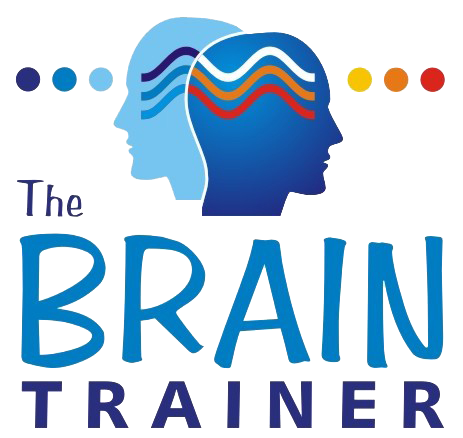.
WHAT IS NEUROFEEDBACK?
A Drug Free Alternative to better Well-Being
.
Neurofeedback for ANXIETY
-
Anxiety is usually a person’s response to stress, which can come from psychological, physical, dietary, or environmental sources, like loud noises.
-
Once a person’s brain gets locked into a pattern of anxiety, it can be difficult to break.
-
Anxiety is considered severe when the worrying is not controllable, disproportionate, consistent, and most importantly, when it impacts one’s daily functioning negatively.
In these cases the severe anxiety may be a symptom of a more serious mental condition, such as a Generalised Anxiety Disorder (GAD), Social Anxiety, Phobias, Obsessive Compulsive Disorder and a Post-Traumatic Stress Disorder.
It is not clear what the exact cause of severe Anxiety is yet – in some situations it occurs after a stressful life event, others experience anxiety without an apparent immediate cause. Some contribute anxiety to a complex combination of causes such as genetics, a certain environment and life events. The main assumption is however, that severe anxiety experienced as a result of a deregulation of certain neurotransmitter chemicals that occur naturally in the brain. Because of this deregulation, one’s mood can change and anxiety symptoms can develop.
 Symptoms of Anxiety can include:
Symptoms of Anxiety can include:
-
excessive worrying,
-
a nagging sense of fear,
-
restlessness,
-
overly emotional responses,
-
negative thinking & catastrophizing,
-
defensiveness.
Anxiety is usually present in cases of addiction, perfectionism, being overly controlling, and behavioural issues.
.
-
Anxiety sufferers often feel overwhelmed, exhausted, and stressed out.
-
Some can’t concentrate due to their intense internal focus.
-
Others obsess about specific things.
-
Anxiety is easily detected if someone appears outwardly nervous; however, many sufferers appear calm on the outside, but their brain never stops.
-
They can’t stop thinking, and the constant internal chatter can get so bad that it interrupts their sleep and steals their quality of life.
-
They don’t live in the present, because they constantly worry about the future or live in the past.
How does Neurofeedback help treat anxiety?
-
Neurofeedback training is a natural, non-invasive and effective choice in reducing Anxiety.
-
Neurofeedback is one of the quickest and most efficient ways to teach people how to help themselves, and it’s easy to learn.
-
Brain Training been used for many years with solid, proven results.
-
With Neurofeedback the brains own self-regulating ability is used to resolve brain-deregulation, resulting in less worries and fear, decreased muscle tension, less head – and/or stomach ache, and improved sleeping pattern and better concentration
-
Learning this life skill decreases the need for dependence upon medications, and improves quality of life by teaching the brain to make healthier patterns on a more consistent basis so anxiety responses are avoided and a calmer brain stays more in control.
-
For anxiety sufferers, learning how to modulate or turn off chronic stress responses is life changing.

